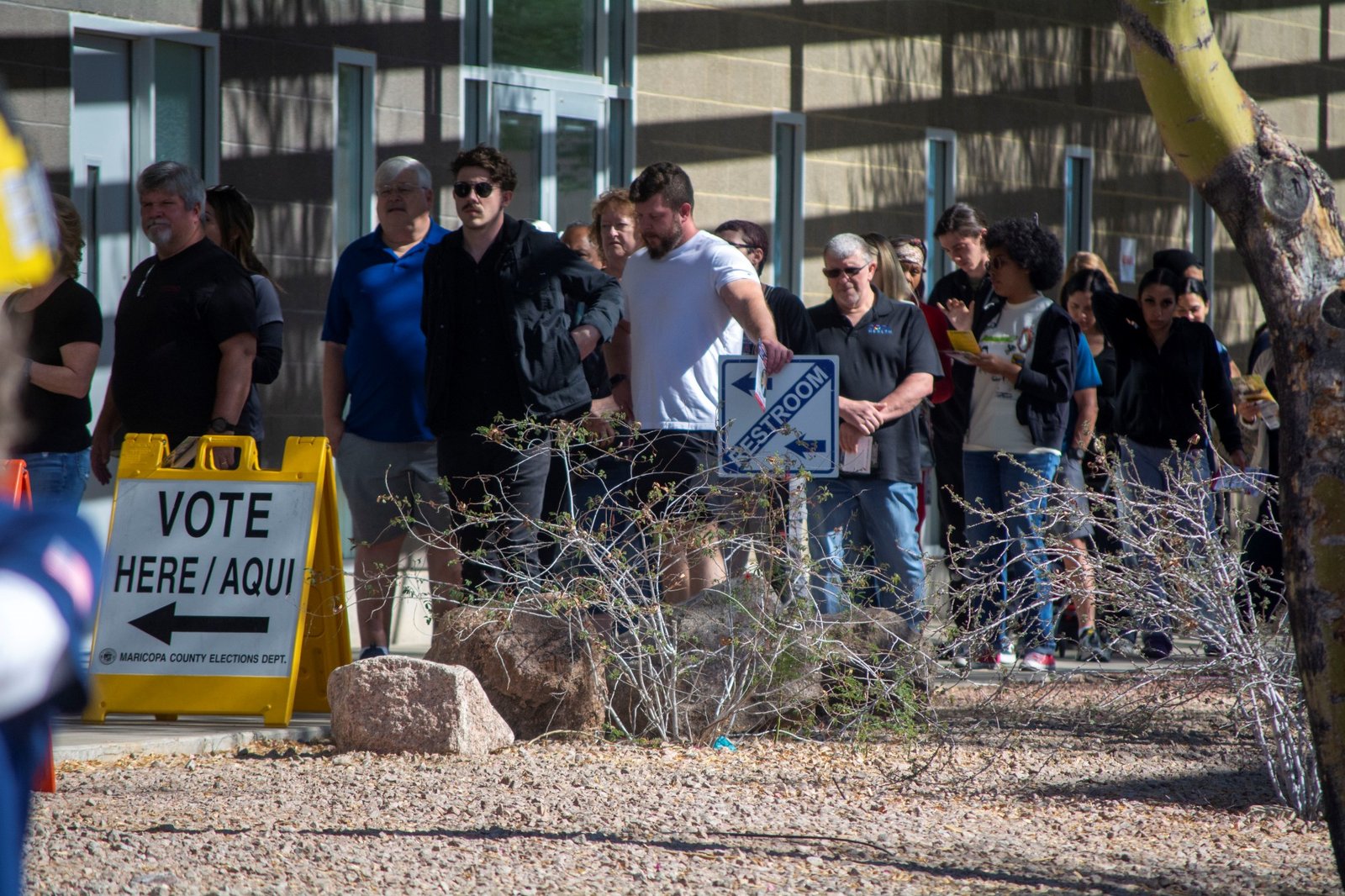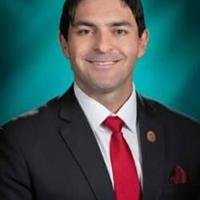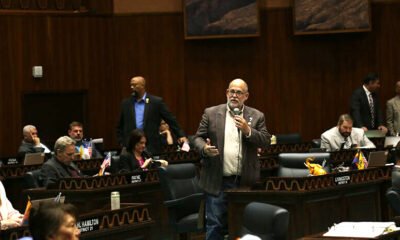2024 election
Discovering the Unexpected: Who Are Arizona’s Voters Without Citizenship Proof?

As the debate over voter identification intensifies nationwide, Arizona’s voter rolls highlight a significant issue: a disproportionate number of residents unable to provide proof of U.S. citizenship. An analysis by Votebeat reveals that voters residing on Native land, college campuses, and within the state’s main homeless campus comprise a notable share of those lacking necessary documentation.
The findings show that voters without citizenship proof are three times less likely to have participated in the last presidential election than their counterparts who documented their citizenship status. GOP lawmakers advocating for stricter documentation argue it is a measure to prevent noncitizen voting. However, available evidence suggests such occurrences are exceedingly rare and the existing laws effectively disenfranchise legitimate American voters.
Arizona stands alone as the only state mandating citizenship documentation—requiring birth certificates or other qualifying documents for voter registration. While these individuals can vote in federal elections, they cannot participate in state and local ones. Designated as “federal-only” voters, they receive ballots limited to presidential and congressional races, a category that affected less than 1% of Arizona’s active voter population, approximately 34,933 out of 4.4 million.
In contrast, voters in other states can merely attest to their citizenship under threat of perjury without needing to provide physical documentation. For many residents living on tribal land, college campuses, or at homeless facilities, the lack of accessible documentation becomes a significant barrier. Advocacy groups report that many voters, particularly college students or Native Americans registering at remote drives, often do not follow up to submit additional paperwork.
Allie Redhorse Young, director of Navajo advocacy organization Protect the Sacred, emphasized the added barriers Native voters face. “It’s pretty outrageous for the first people who lived in this country to have these challenges trying to vote,” she noted.
The composition of federal-only voters reveals patterns of decreased participation. Turnout among those without documentation was a mere 19% during the last election, starkly contrasting the 79% turnout of those with full voting rights. Locations such as tribal lands report a notably higher concentration of federal-only voters, with 7.3% of this group residing in precincts adjacent to reservations.
Native voting advocates attribute systematic disenfranchisement to various factors. Many individuals attend voter registration drives without necessary documentation, and the challenges of retrieving documents mean they often do not return to submit proof. Additionally, older voters on reservations may lack identification altogether, with many not possessing state-issued IDs or birth certificates needed for voter registration.
Federal-only voters are also concentrated around college campuses, where at least 6% of such individuals reside in three precincts linked to major state universities. Kyle Nitschke, from the Arizona Students’ Association, noted hurdles faced by college students often stem from their out-of-state backgrounds, resulting in difficulty providing in-state proof of citizenship during registration efforts.
In total, approximately 7% of federal-only voters from the recent election were found in those campus-centered areas. Notably, the demographic of federal-only voters skews younger; individuals aged 18 to 24 are significantly more likely to be found in this category than older constituents. Often, this younger demographic tends to be unaffiliated with major political parties, further impacting voter turnout rates.
Another significant concentration of federal-only voters can be found at the Keys to Change homeless campus in downtown Phoenix. Here, 269 out of 510 registered voters fall under the federal-only category, representing 40% of the precinct’s federal-only totals. Rick Mitchell, head of the Homeless ID Project, explained that lack of identification can result from various life circumstances, including recent evictions or loss of belongings. “If I have nothing, and I’m trying to get reestablished, voting isn’t one of them,” he stated.
The analysis conducted by Votebeat involved thorough data matching from multiple sources, showcasing the dynamic nature of voter registration which constantly adjusts as individuals’ circumstances shift. Understanding these trends may offer insights into the impact of voter documentation laws on diverse Arizona communities.


















